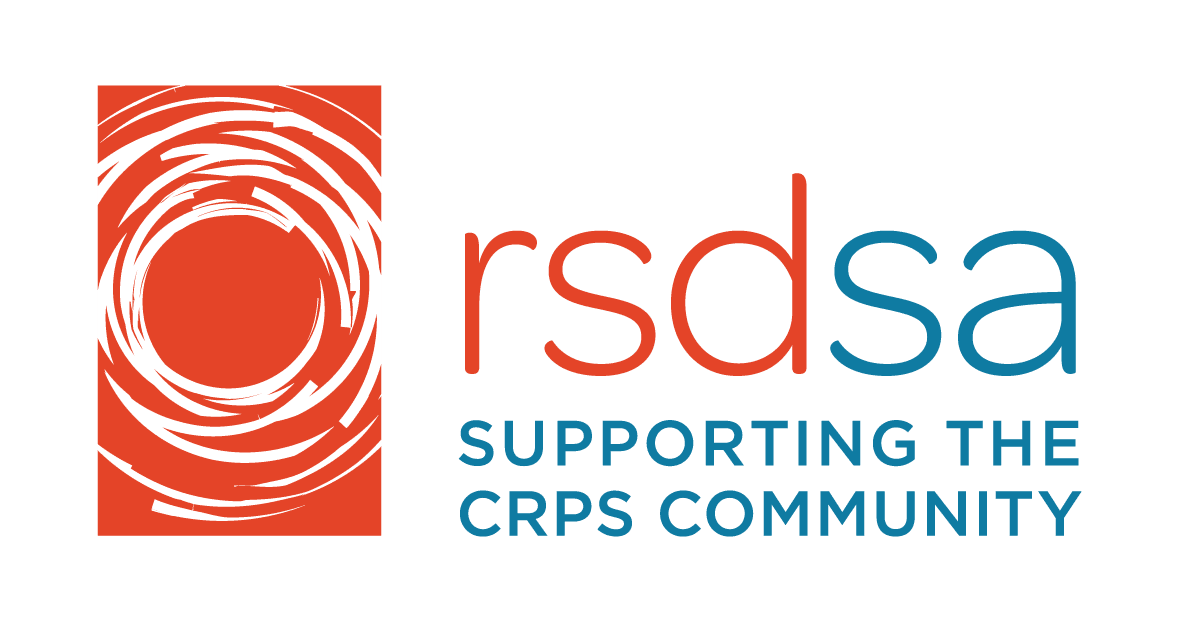Written by Marisol Pérez for the RSDSA blog.
 Hi there. This is a part of my CRPS story.
Hi there. This is a part of my CRPS story.
I developed CRPS following a right ankle surgery in 2012. I was 25 at the time. I enjoyed the outdoors, jogging, and walking my dog (now I have three). Prior to the surgery, I was told it would be minimally invasive and that life would go back to “normal.” That surgery changed my life.
I knew something was wrong right after the surgery. The pain was unbearable and every time I would go back to the doctor for a follow-up, I was brushed off and told that this was all part of the healing process. I knew in my gut that something was wrong. I tried all the measures that the doctor recommended and as a 25-year-old, my life was shattered. CRPS impacted my life more than cancer (diagnosed 2011). I chose to advocate for myself, changed doctors, and held on to hope. During the first initial years, I held on to an idea of “getting my life back.” I had two additional right ankle surgeries in 2013 and 2014 and one left foot surgery in 2016 (I developed plantar fasciitis). After all this, CRPS had still not been diagnosed.
By 2013 I had been diagnosed with fibromyalgia (which was initially undiagnosed CRPS). I also had multiple guided injections, PRP treatment, shockwave treatment, and a pain that started in my first ankle had spread throughout my body. I decided to move from New York City to North Carolina in hopes for improvement in my quality of life. In NC, I was finally diagnosed with CRPS and it all made sense. I learned to grieve my past life and accept my new identity. I learned to nourish this new part of me and use it as a tool. I also learned to listen; to listen to my body. Developing CRPS and the ongoing medical trauma that I endured changed my life. Thriving with CRPS has helped me change the lives of others and has given my life purpose. I decided to become a mental health therapist and specialize in chronic illness and trauma. My CRPS story has guided me to my calling. Being able to sit with someone’s physical and emotional pain while guiding them through their healing journey has been one of the most rewarding parts of my life.
What has daily life been like since your diagnosis?
Over the years I have learned to listen to my body’s messages. I now accept CRPS as part of my identity and try my best to be intentional about my daily life. I am no longer a “planner” as life and CRPS have taught me the beautiful lesson of living presently and mindfully. I do not judge myself for not being able to do daily life things and meet my body where it is at. Before my condition, I was an active 25-year-old caught up in all the things that “had to get done.” I am now 32 and enjoy living presently, am thankful for my life, and find gratitude even on the tough days.
What is one thing you wish those without CRPS/RSD could understand?
We are not looking for us to be “fixed” as CRPS is chronic and lifelong. Listening, sitting with our pain, and validation go a long way. It is also okay for you to get support for having a loved one with CRPS. This is hard for everyone.
What advice would you give to newly diagnosed Warriors?
Taking care of your whole self is essential. Your mind and body are connected. Listen to your body. Your body is your guide. Prioritize sleep, self-care, and your mental wellness. Learn your triggers. Advocate for yourself. Take your time learning as it can be overwhelming. Add loved ones to support groups too! That can provide them with a different perspective other than your own.
What advice would you give to Warriors who have had CRPS/RSD for many years?
CRPS is our unwelcomed guest. While we have not welcomed it into our lives, we can use our pain to connect with other people’s pain. We may be in constant physical and emotional pain and yet we bring so much value to this world. Explore your value and worth. Connect and share that worth with others.
What activities or treatments have helped you find temporary or long term relief?
Sleeping and rest is helpful. Therapy, mindfulness, and singing bowls help regulate my mind and body.
Anything else you would like to add?
It is okay to feel. It is part of your journey to ride the waves of emotions that come with CRPS. Feeling your emotions and your body will help you cope. You are not alone.
Please consider making a donation to RSDSA today!
